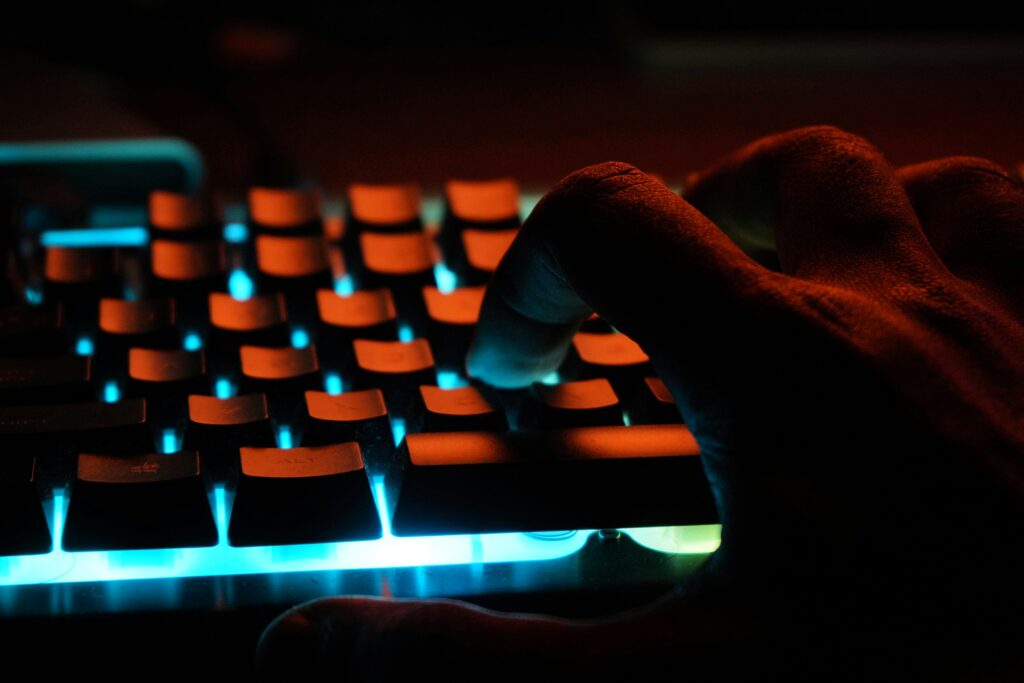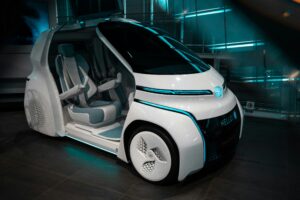Imagine a world where robots are not only taking over the workforce, but also creating their own businesses. It may sound like something out of a sci-fi movie, but the reality is that AI-powered companies are starting to emerge in today’s tech landscape.
One such example is AI Barista, a coffee shop in Silicon Valley that is fully operated by robots. From brewing the perfect cup of espresso to customizing orders based on customer preferences, these robotic baristas are revolutionizing the coffee industry. According to CEO Samantha Kim, “By utilizing AI technology, we are able to provide consistent quality and efficiency that human baristas simply can’t match.”
This trend of AI businesses is not limited to coffee shops. In fact, a recent study by McKinsey & Company found that AI-powered companies are more likely to be successful and profitable than their traditional counterparts. With the ability to analyze vast amounts of data in real-time, these AI businesses can make informed decisions faster and more accurately.
However, this advancement in technology also raises questions about the future of human employment. While AI businesses may increase efficiency and productivity, they also have the potential to displace human workers. As we continue to see the rise of AI-powered companies, it is crucial for policymakers and industry leaders to consider the broader societal implications and ensure that there are measures in place to support workers in this rapidly changing landscape.



